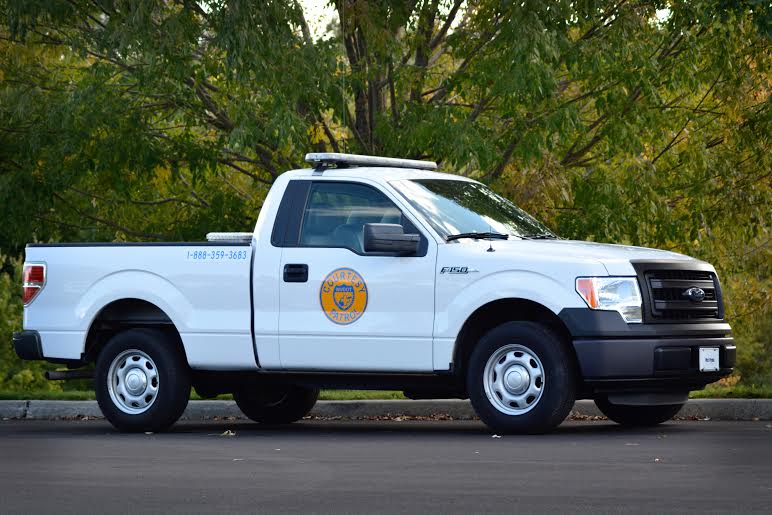
Story provided by Citizens Conservation Corps of West Virginia
The West Virginia Courtesy Patrol (WVCP) program, operated by the Citizens Conservation Corps of West Virginia, is celebrating its sixteenth year of providing roadside assistance and services to citizens and tourists across the mountain state. The friendly fleet of roving white trucks is designed to provide employment, training, and educational opportunities while also enhancing safety, rendering aid and assistance to disabled motorists, and addressing road related incidents or accidents.
The WVCP benefits the traveling public who use the state’s interstate highways and corridors for tourism, as well as local, and interstate commerce. Since the program’s inception on November 21, 1998, the overall statistics are as follows: 71.5 million miles logged; 2.9 million phone calls received; 291,050 vehicles assisted; 17,610 stops for debris removal; 8,455 deer, 178 bears and 3,988 other dead animals removed; 14,000 routine procedural checks; 77,533 abandoned vehicles checked; and administered first-aid 131 times and CPR 9 times.
The Courtesy Patrol program first put the state of West Virginia on the map as a result of the 1998 federal legislation known as “Welfare-to-Work”. The WVCP was recognized for its innovative approach to job creation by the United States Department of Labor and helped the state of West Virginia capture millions of dollars in high performance bonuses and matching funds due to its job placement and retention successes.
The Courtesy Patrol plays a vital role in the state’s Homeland Security initiatives and AMBER Alert, which is a primary tool used in the search, aid and recovery of an abducted child. Patrol operators are also trained in freeway incident management, defensive driving, First Aid and CPR. Hours of operation are 16 hours a day (3 pm to 7 am), 7 days a week.





































































